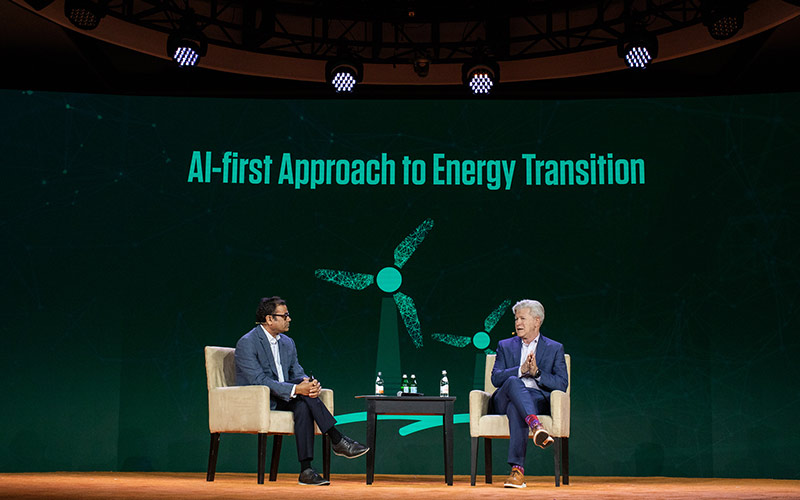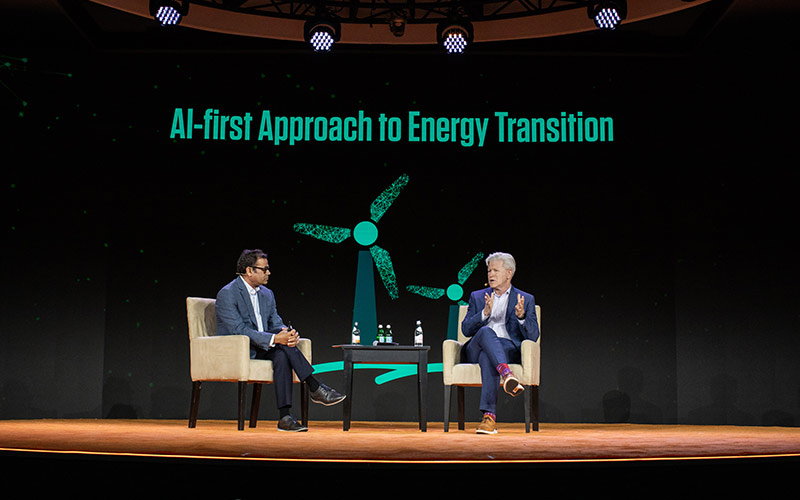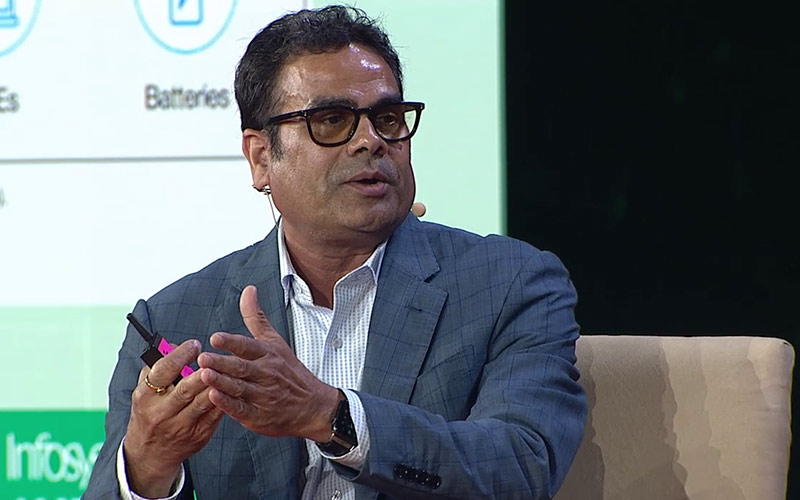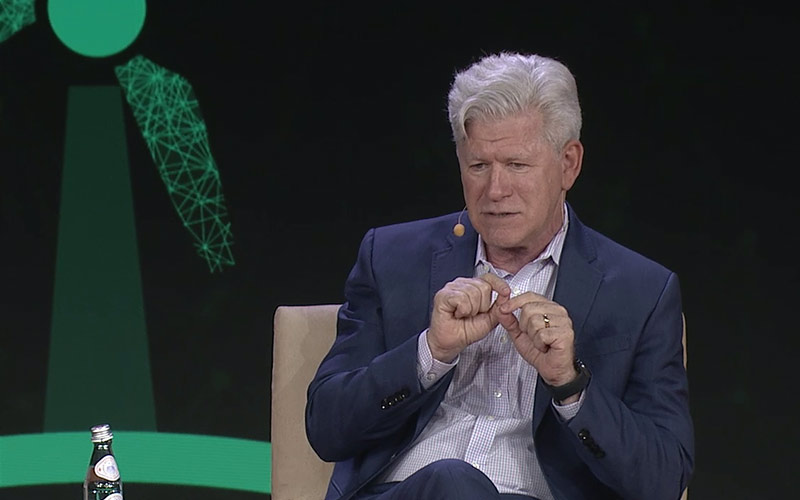
Energy transition is the defining mission for every enterprise in the 21st century. There are two sides of the story: one of complexity, and the other of potential.
Rewriting it to script the latter will require rewiring the business in more ways than one. Uncovering the future at Confluence Americas were Ashiss Kumar Dash, EVP, Global Segment Head, Infosys and Todd L. Inlander, SVP and CIO, Southern California Edison.

Key Takeaways

Bridging ITOT and AIML
Two convergences are now coming together: physical infrastructure and digital systems. First IT and OT came closer and then AI and ML became ubiquitous, now the challenge is unifying the two for a connected energy transition.

Putting Generative AI to Work
Where there’s data, there is potential for generative AI to spot trends and automate key enablers across energy transition mandates. Vegetation management or asset utilization, AI can learn and automate on the journey to change.

The Grids and Gigabytes to Come
If 70% of buildings and vehicles are to be electrified by 2050, the utility network and the compute power needed to serve this new landscape must keep pace. Getting ahead will require capacity planning from the get-go.

Fuelling the New Workforce
The energy industry is facing an ageing workforce, and their knowledge must be captured to enable the next generation. Generative AI and large language models will enable this rapid assimilation while also aiding upskilling.
What's the business case? What is the return? We need to move generative AI from being a really cool toy to a business tool and then from a business tool to an automation enabler.





